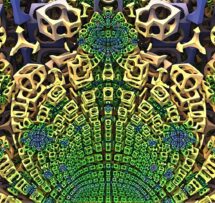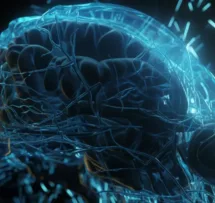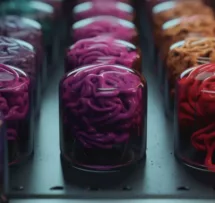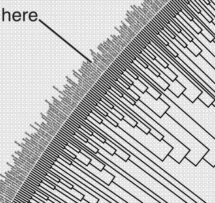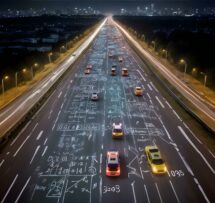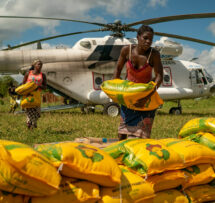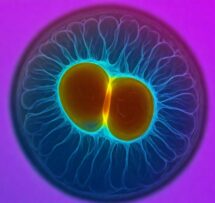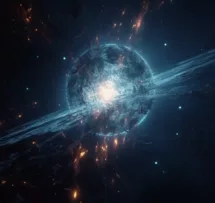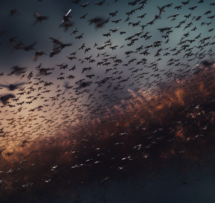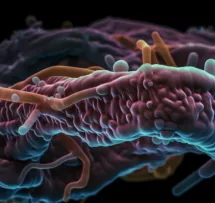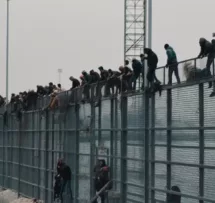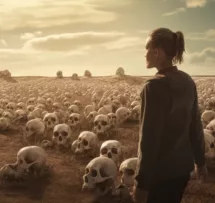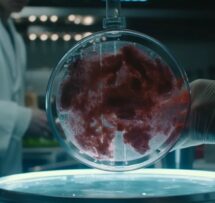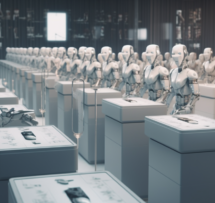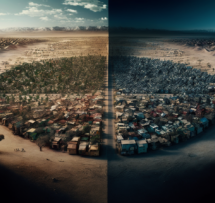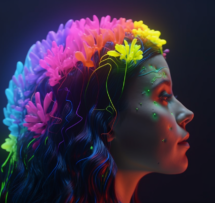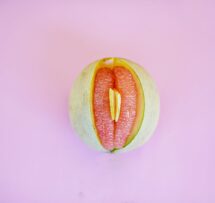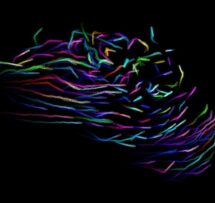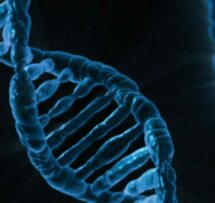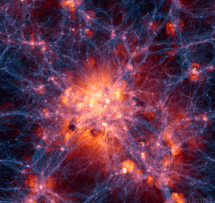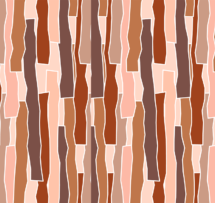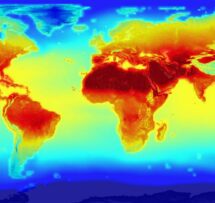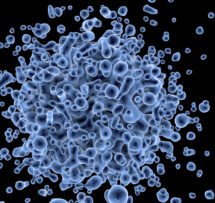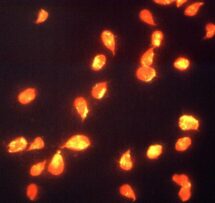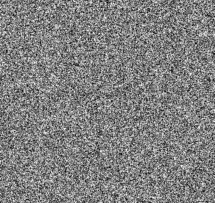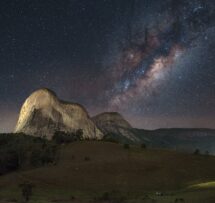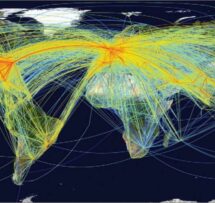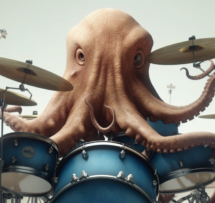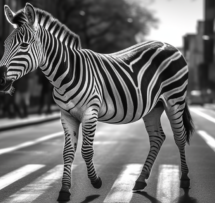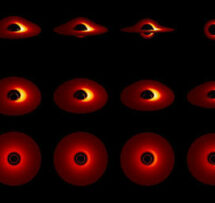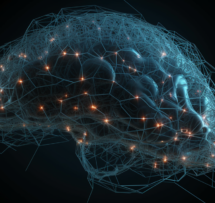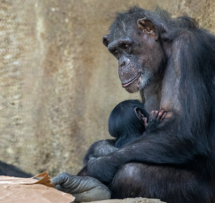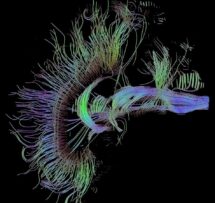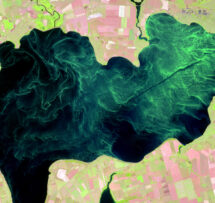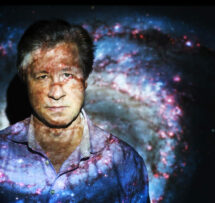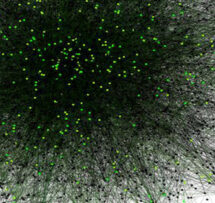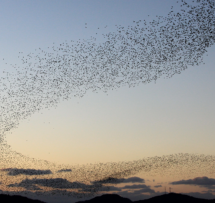Biodiversity loss and nature-inclusive agriculture
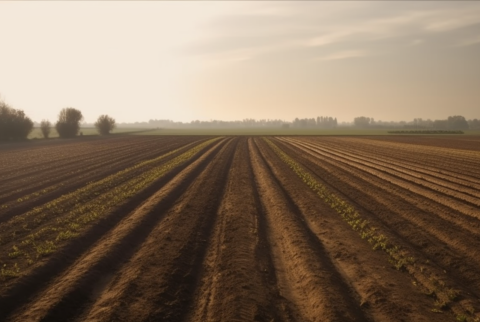
What is the impact of nature and biodiversity loss on food production? How could a more 'nature-inclusive' society and agriculture help bending the curve of biodiversity loss? How can government, farmers, companies, and consumers work together?
One of the most critical challenges facing our planet today is the loss of nature and biodiversity. This loss impacts our society in many different ways, and puts pressure on food production and food security. A recent example is the nitrogen crisis in the Netherlands, which brought building projects to a halt and protesting farmers to The Hague. One of the major causes of biodiversity loss is conventional agriculture, which leans heavily on fertilizers and pesticides. In his talk, Prof. Hens Runhaar will explain how more sustainable systems such as 'nature-inclusive' agriculture could help bending the curve of biodiversity loss.
Nature-inclusive agriculture works with nature and biodiversity, and has the potential to restore it. By for example protecting the soil by using less heavy ploughing machinery and using organic fertilizers, or enhancing natural predators against pests by including a larger variety of herbs and flowers in grassland. But what are the possibilities and barriers in implementing this in practice? One way to understand such practicalities is by studying governance, or the way that all involved parties (government, farmers, food production companies, environmental organizations and consumers) do, or do not, communicate and work together.
Hens Runhaar works to understand existing and new ways that governments, farmers, companies, consumers, and NGOs function, and can step up. This is crucial to successfully implement solutions which protect and enhance nature and biodiversity. Hens Runhaar’s talk will center around the role of governance in nature protection and restoration, considering the diverse perspectives and strategies that shape this field. He will discuss the challenges emerging from the nitrogen crisis and investigate the possibilities of harmonizing nature-based solutions with agricultural production systems.
Event held in English with the generous support of the Dutch Institute for Emergent Phenomena at the University of Amsterdam.
Talk by
Hens Runhaar
Hens Runhaar is Associate Professor of Governance of Nature and Biodiversity at Utrecht University and Visiting Professor at Wageningen University and Research. He is an expert in interventions by governments, companies, and NGOs aimed at protecting or enhancing nature and biodiversity, particularly in the context of agriculture. Hens' work is characterized by its inter- and transdisciplinary nature. His research aims to contribute to more effective conservation policies by governments, companies (including farmers), and NGOs. He actively engages in societal and political debates regarding biodiversity governance, addressing issues such as the need for a transition towards nature-inclusive agriculture and the systemic barriers hindering the mainstreaming of nature-based solutions in urban areas.
In addition to his academic contributions, Hens Runhaar plays an active role in the practice of nature conservation and landscape restoration in the Netherlands, further enriching his perspective and insights.
Photo credit by Sander Nieuwenhuys.
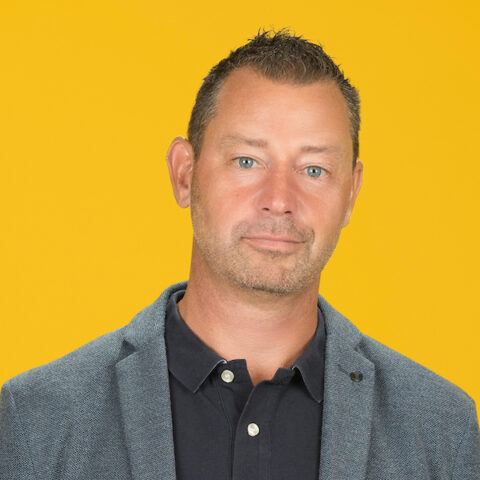
Music by
Meeliann
Meeliann is a neo-soul artist from Estonia, currently based in Amsterdam. Her unique songwriting is strongly inspired by Hiatus Kaiyote, Jordan Rakei and Amy Winehouse. Meeliann’s arrangements will take you by surprise and draw you into a groovy world of jazzy harmonies and soulful lyrics. In August 2022 Meeliann started working with talented musicians from Conservatorium van Amsterdam. The members of the band are Philippe Blouin on bass, Enrico Neri on drums and Jelle Willems on keys. On September 15 she released her debut single "Thoughts" in collaboration with producer Freek Mulder (aka Kotokid) and the label Wicked Wax.



